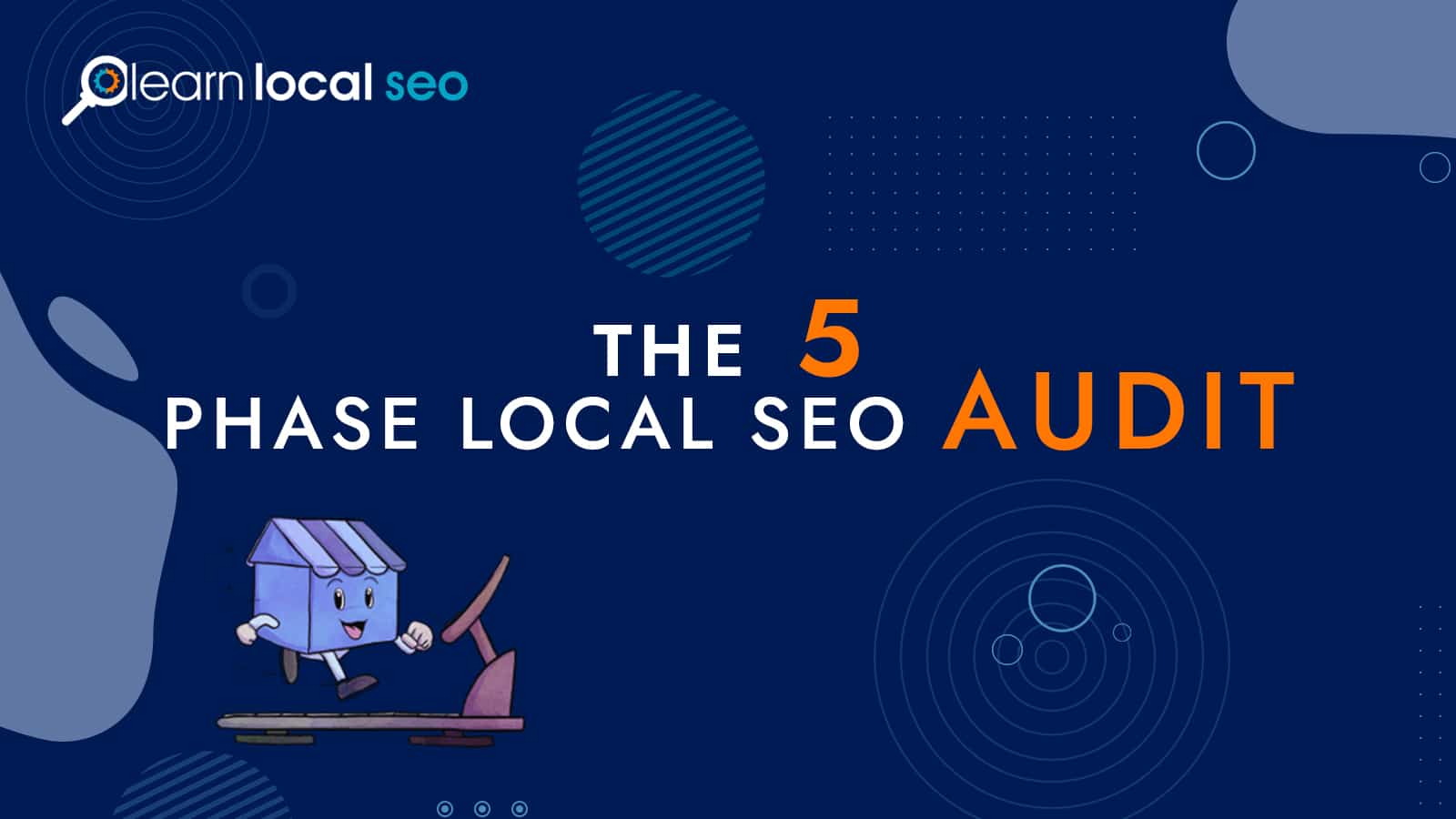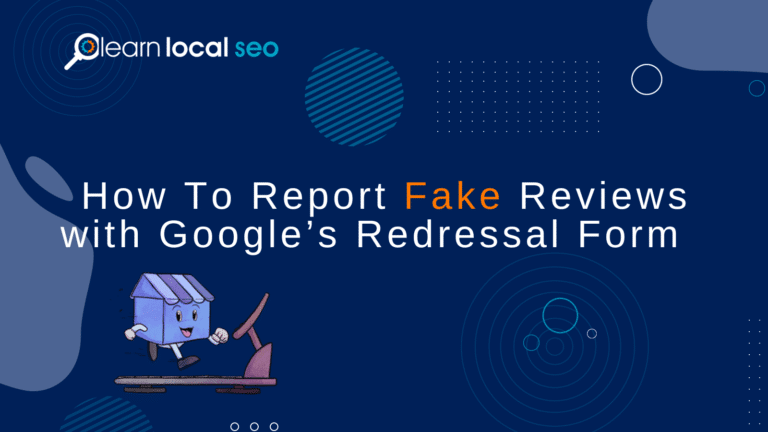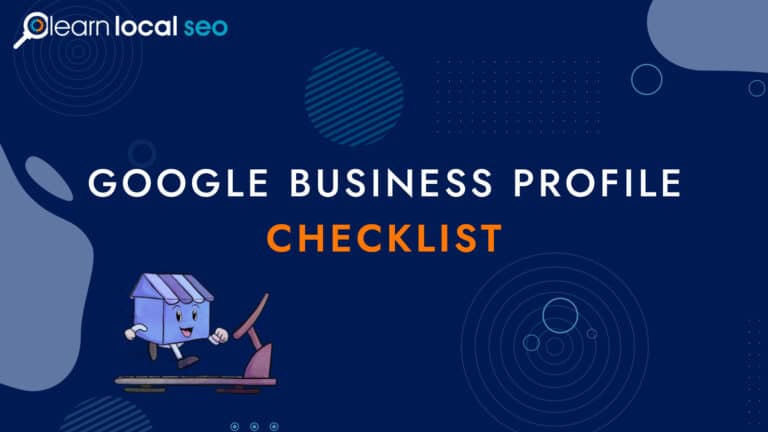Introduction A local SEO audit is an important process to ensure that your website is correctly optimized for…
Introduction
A local SEO audit is an important process to ensure that your website is correctly optimized for your local market. By completing a 5 phase audit, you can identify opportunities and issues that need to be corrected in order to improve your visibility in search results.
In this post, we’ll walk through the steps involved in conducting a local SEO audit, including how to research your competitors and track your progress over time. Let’s get started!
What is a Local SEO Audit?
A local SEO audit is basically a comprehensive checkup of your business’s local SEO strategy. The goal of a local SEO audit is to identify any areas where your local SEO could be improved.
There are 5 different aspects of local SEO that you’ll need to examine during your audit, which we’ll go over in more detail later on.
Why is a local SEO audit important for your business?
A local SEO audit is important because it can help you identify any potential problems with your local SEO strategy. By addressing these problems, you can make sure that your local SEO is as effective as possible.
In addition, a local SEO audit can also help you track your progress over time. By periodically auditing your local SEO, you can see how your strategy is improving and make tweaks as necessary.
How can you tell if your business needs a local SEO audit?
There are a few signs that your business might need a local SEO audit. First, take a look at your local search results. If you’re not appearing in the top results for local searches related to your business, then it’s time for an audit.
In addition, you should also audit your local SEO if you’re not getting as much traffic from local searches as you’d like. If you’re getting some local traffic but it’s not growing, an audit can also help you identify potential areas of improvement.
Finally, it’s always a good idea to periodically audit your local SEO even if everything seems to be going well. This will help you catch any potential problems early on and make sure that your local SEO strategy is always on track.
The five phases of a local SEO audit
When doing an audit for your local business there are 5 things you need to look for. We will go into more detail for each step later on but here are the 5 things you need to look for.
The first thing you need to do is audit your website. The second thing is you need to audit your Google Business profile. The third thing you need to audit is your citation profile also known as your local business listings.
These are your name address and phone number aka NAP. The 4th thing you need to audit is reviews on all platforms. The last and final thing you need to audit is your digital plumbing.
These are things like google analytics google search console etc. Auditing these five things will give you a comprehensive local SEO audit.
1. The Website Audit

Just like you wouldn’t jump into surgery without first getting a full checkup, you shouldn’t start optimizing your website without first conducting a comprehensive website audit.
The audit is like getting blood work done – it will help confirm (or refute) your suspicions about what might be holding your website back from reaching its full potential.
A local SEO website audit is an essential part of the optimization process, and it should be the very first step you take. By taking the time to carefully assess your website’s strengths and weaknesses, you’ll be in a much better position to make strategic decisions about how to improve your site’s performance.
In short, skipping the audit would be a huge mistake – so make sure to get started on yours today!
Links and Website Authority
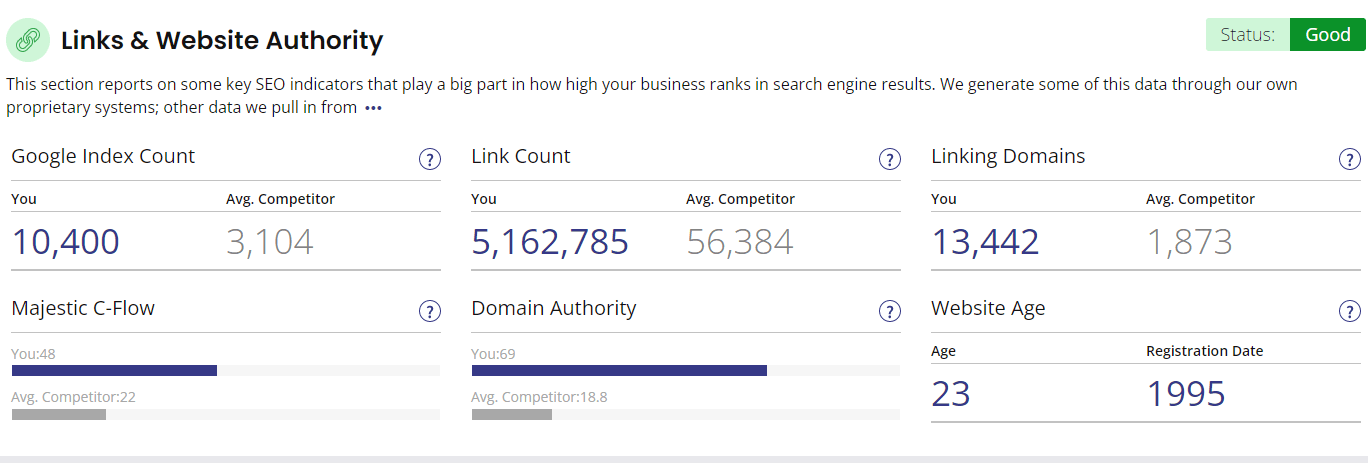
When you run a website audit you are going to want to be looking for a couple of things. The first report you will find is your Google index count. This will show how many pages of your website are indexed with Google.
The next is the link count. This number tells you how many links you have pointing back to your website. Google loves links and this will tell you how many links you have compared to your competitor.
The next thing is linking domains or referring domains. This number tells you how many websites are linking back to your site. You can basically think of them as a referral.
On-Page SEO
For the onsite SEO section, there are going to be 4 things you are going to want to pay attention to. On the page, SEO is a lot more crucial than what people think.
It is important to have a great on-page structure so Google can easily read your page and understand what is going on. Here are the 4 major things you need to be looking out for.
Technical
Technical SEO could be a whole section in itself but you are a small business and I am guessing your website doesn’t have thousands of technician errors.
Here are 5 things you need to worry about for your local business website.
Page Load Speed
In today’s fast-paced world, patience is a virtue that is in short supply. People want information and they want it now. This is especially true when it comes to the internet.
Studies have shown that if a website takes more than a few seconds to load, users are likely to click away and move on to another site. This is bad news for businesses whose websites are slow to load.
Not only does it result in lost customers, but it can also negatively impact search engine rankings. Google and other search engines have stated that page load speed is a factor in their algorithms, so a slow website can mean lower search engine rankings and reduced visibility online.
In other words, speed matters when it comes to the success of your website. By ensuring that your site has good page load speed, you can keep users happy and help your business to prosper.
Robots.txt
If you’re serious about local SEO, then you need to make sure you have a robot.txt file for your website. This simple text file tells search engines which pages on your site they should index and which they should ignore.
Without a robot.txt file, search engines will index all of the pages on your site, including ones that you may not want people to find. This can clutter up your search results and make it harder for people to find the information they’re looking for.
A well-configured robot.txt file can help local SEO by making sure that only the most relevant pages are indexed by search engines.
This can help to improve your chances of being found in local search results, and it can also help to speed up the crawling process as search engines won’t waste time crawling pages that aren’t going to be indexed anyway.
So if you’re serious about local SEO, make sure you create a robot.txt file for your website today.
XML Sitemap
A local SEO audit is important for any business that wants to be visible in local search results. One of the key components of a local SEO audit is creating an XML sitemap file for your website.
This file helps search engines index your website so that it can be more easily found by potential customers. without a sitemap, your website may not show up in local search results at all.
Even if it does show up, it is likely to be buried so far down the list that no one will ever find it. In other words, an XML sitemap is essential for local businesses that want to be found online.
SSL
As any local SEO audit will tell you, having an SSL certificate for your website is important if you want to rank well in search engines.
But why is this? Essentially, it all comes down to trust. Google and other search engines want to ensure that their users are accessing the most secure and trustworthy websites possible.
By having an SSL certificate, you’re sending a signal that your website is safe and can be trusted. This, in turn, will help you to rank higher in search results, as well as give your visitors peace of mind.
Errors
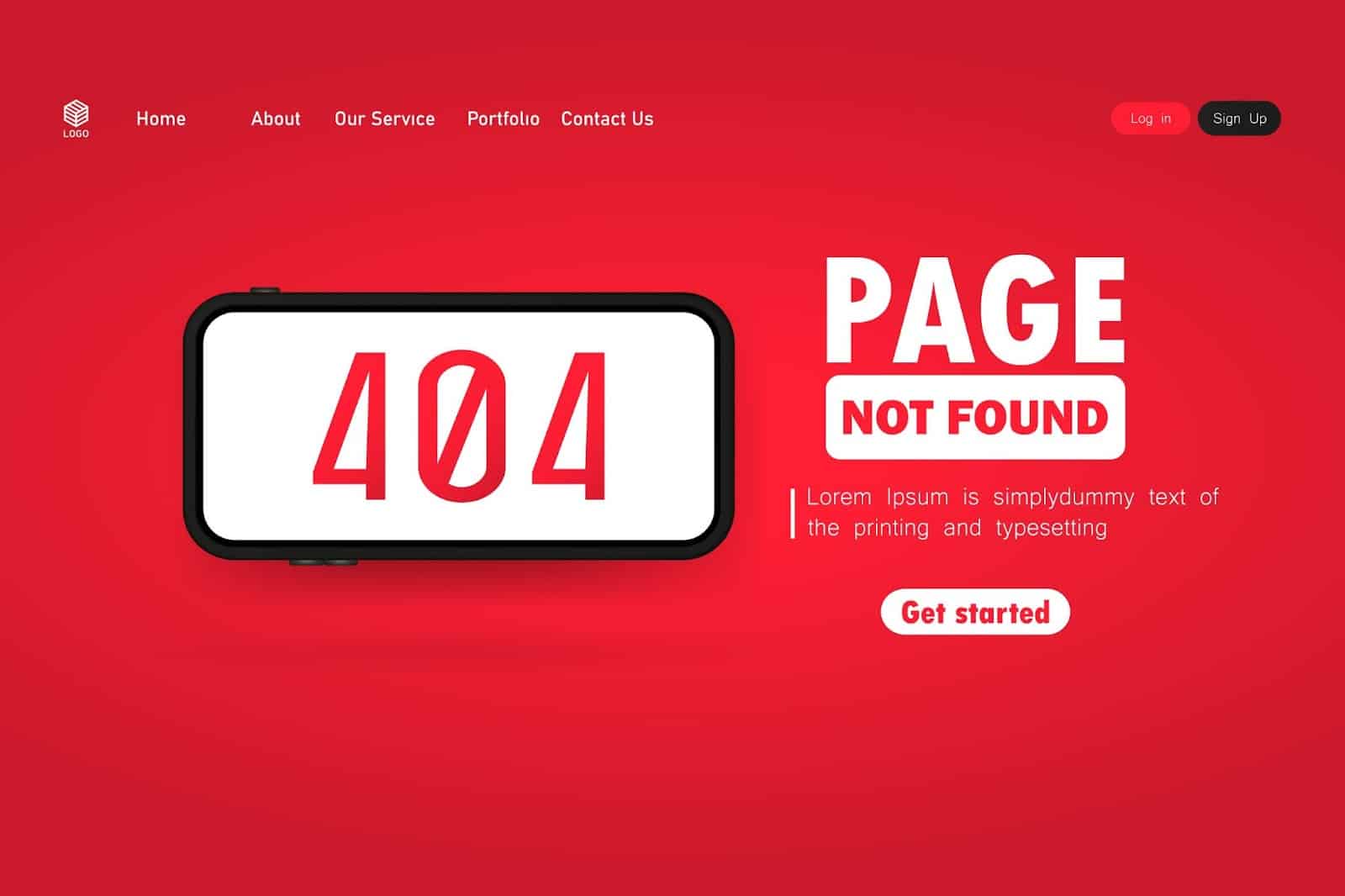
Imagine you’re driving to your local grocery store. You’ve been there a hundred times, and you know the route like the back of your hand.
But today, for some reason, all the street signs are gone. You try to follow the turns you usually make, but eventually, you find yourself lost in an unfamiliar neighborhood.
Frustrated, you pull over to ask for directions. But when you knock on the door of the nearest house, no one answers.
This is what it’s like for your website visitors when they encounter a 404 error. Without any signposts to guide them, they quickly become lost and frustrated.
And if they can’t find what they’re looking for, they’ll simply give up and go elsewhere. That’s why it’s so important to check for 404 errors during your website audit.
By taking the time to fix broken links and redirect visitors to the right page, you can help ensure that everyone who comes to your site has a positive experience.
2. Google Business Profile Audit
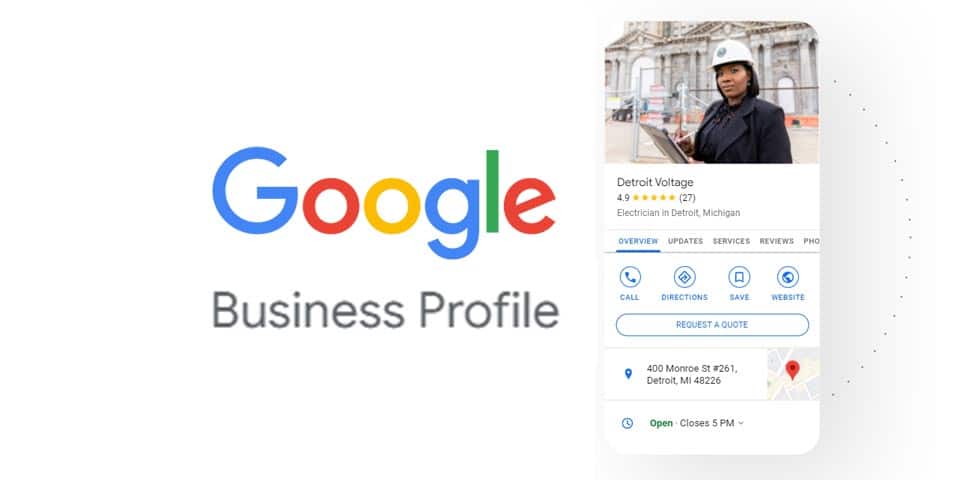
Auditing your google business profile is essential to your local SEO strategy and that your business is appearing in search results and generating leads.
Here are a few things to look for when you’re auditing your google business profile:
– Have you claimed your Google My Business page?
– Is your business name, address, and phone number (NAP) accurate and up-to-date?
– Are your business hours accurate?
– Is your website URL correct?
– Do you have a strong keyword-rich description?
– Are your photos high quality and informative?
– Are you using all the correct business categories possible?
If you can answer all of these questions positively, then congratulations! You have some of the basics down.
3. Citations
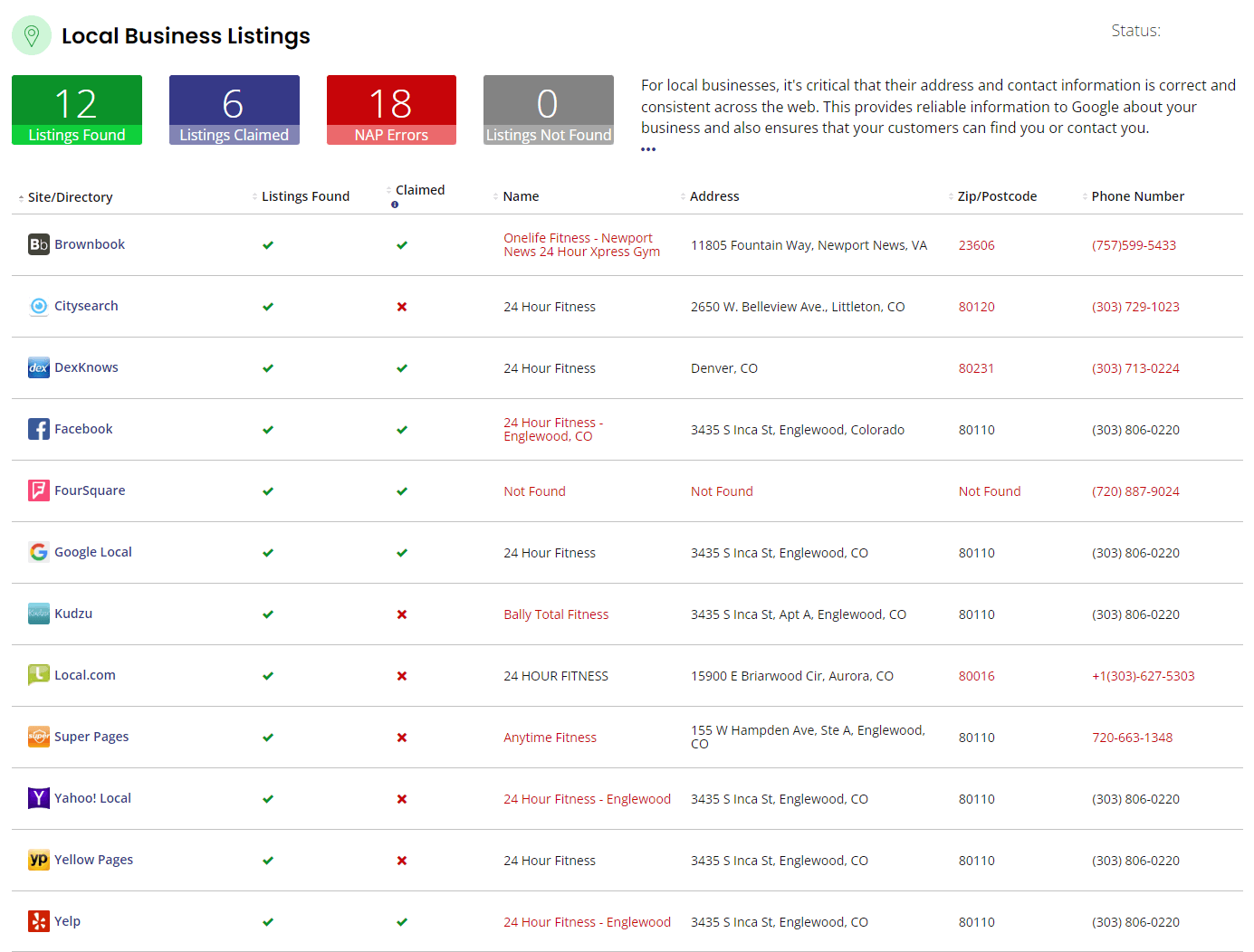
Any local SEO audit worth its salt will check for a few key things when it comes to citations. First, you’ll want to make sure that your NAP – name, address, and phone number – is consistent across all platforms.
These days, potential customers can find you in a variety of places – from Google Maps to Yelp to Facebook – and it’s important that they see the same information each time.
The NAP is also important for Google as well. If your name address and phone number are not the same Google might confuse you and think you are two different businesses.
Secondly, you’ll want to verify that your citations are accurate and up-to-date. This means checking things like your opening hours and website URL. Finally, you’ll check to see if you have any duplicate listings.
If you do, it’s important to get them cleaned up as soon as possible. Not only do duplicates look bad, but they can also hurt your ranking on search engine results pages.
So there you have it – a few things to keep in mind when doing a citation audit.
4. Reviews
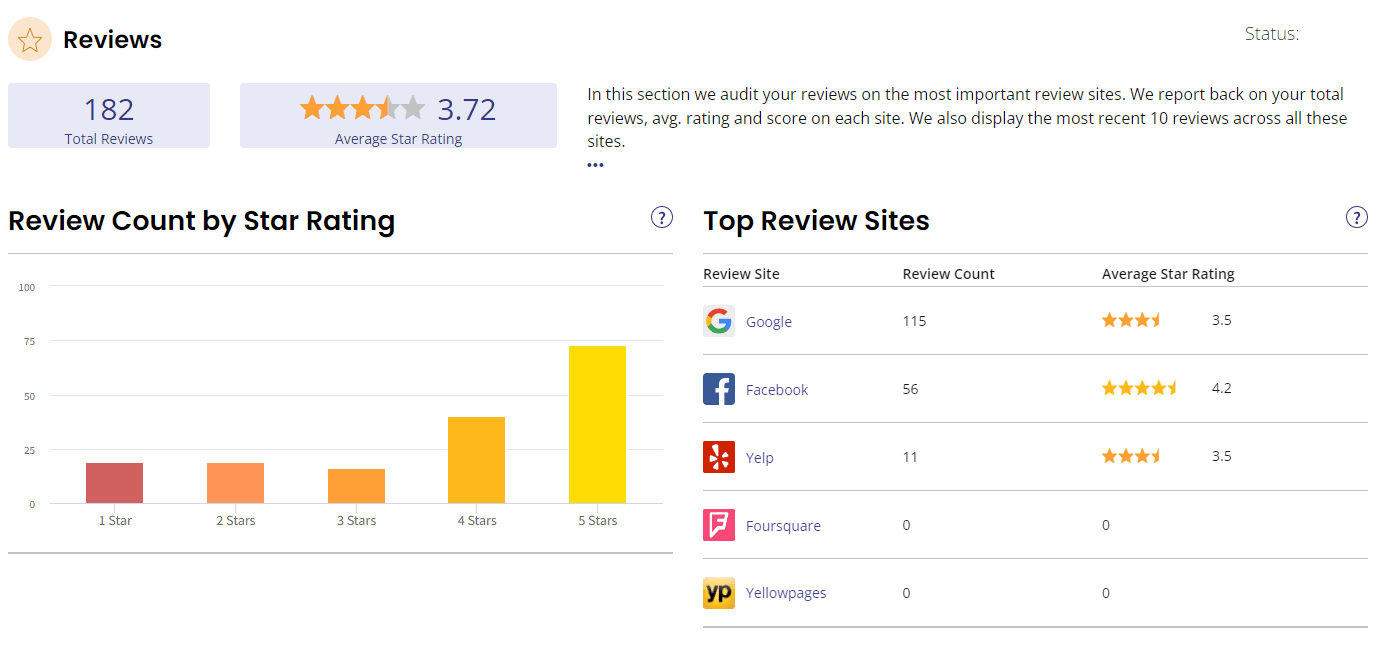
If you’re like most local business owners, you depend on online reviews to help attract new customers. But with the rise of fake reviews, it’s becoming more important than ever to make sure that your local business is getting accurate feedback.
That’s where a local review audit comes in. Here are a few things to look for when doing a review audit:
– Check the source of the reviews. Make sure they’re coming from legitimate, verified sources.
-Take a close look at the language used in the reviews. Are they well-written and free of grammar errors? Or do they sound suspiciously like they were written by someone who doesn’t speak English as their first language?
– Pay attention to the dates of the reviews. If you see a bunch of recent reviews that all seem to be positive, that could be a sign that someone is trying to game the system.
By taking these factors into account, you can help ensure that your local business is getting the accurate feedback it deserves.
If you don’t have an automated review system for your business that helps you get reviews on autopilot and follows up with your customers it is important to get this implemented.
5. Digital Plumbing
If you’re doing a digital plumbing audit, there are three Google products you want to make sure are set up correctly. The first is Google Analytics.
You can’t manage anything if you can’t track it correctly. The next thing is Google Tag Manager. This is where you have all your pixels and codes neatly organized.
Having all your code deployed from Google Tag Manager will help with speeding up your website as well. And Google Search Console is important to have set up correctly as well.
Google Search Console gives you vital information on how your website is doing health-wise, as well as giving you statistics on how people are arriving at your website.
All this data is important if you want to ensure that your website is running smoothly and efficiently!
Conclusion
All in all, local SEO is essential if you want your business to be visible online and on google maps. By conducting a local SEO audit, you can identify any areas that need improvement and make the necessary changes.
With a little effort, you can ensure that your local business ranks highly on search engines and attracts new customers. So what are you waiting for? Get started on your local SEO audit today!

Antoine is a Local Seo expert that has personally optimized over 7,000 Google My Business listings. With over 15 years of experience he has created the 3F Flywheel Formula for local businesses. Antoine has worked as a Local Seo Director for one of the largest Fortune 500 digital marketing agencies. Before Antoine was in digital marketing he played professional baseball for the Chicago Cubs. Antoine lives in southern California and writes about local seo on his blog. LearnLocalSeo.com

